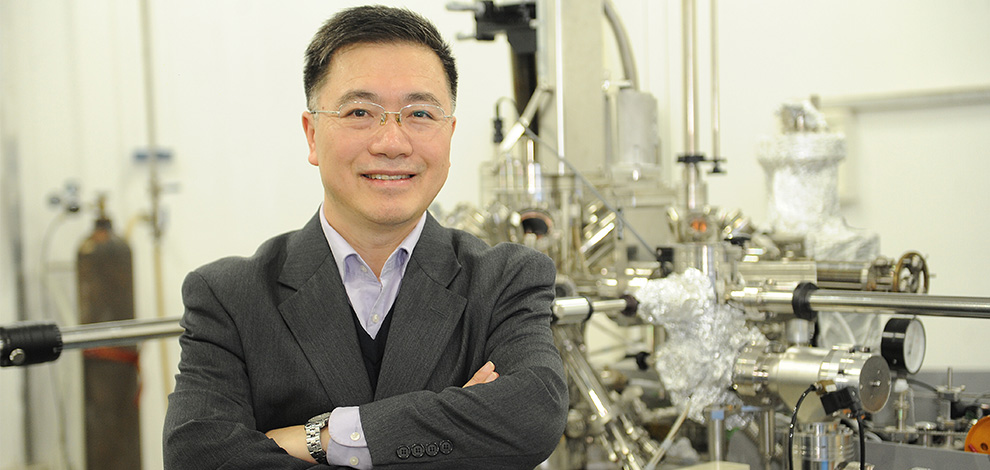On Monday, July 7, 2025, at 12:00 c.t., the next date of our physics colloquium will take place.
The pairing mechanism of high temperature superconductivity remains the core issue of condensed matter physics. After the BCS paradigm, three families of unconventional high temperature superconductors were discovered: cuprates, iron pnictides/chalcogenides and nickelates. Nowadays it is known that the superconductivity in these materials is strongly related to magnetic fluctuations, thus it is far beyond the widely perceived BCS theory. In cuprate superconductors, I will show how the Mottness related charge transfer gap is filled and the antiferromagnetic order in the parent phase is destroyed by doping holes; meanwhile I will show how local paired bound state is formed and gradually the superconductivity emerges[1]. In the iron based superconductors, there are multibands contributing to superconductivity, thus an S pairing was proposed based on the picture by exchanging anti-ferromagnetic spin fluctuations. I will show the solid evidence of S pairing by using the non-magnetic quantum impurities [2] in FeAs-based superconductors. Bosonic modes on the tunneling spectra in two types of iron based superconductors were also discovered [3]. In some iron based superconductors with only electron pockets, we used the phase referenced quasiparticle interference technique to reveal that the repulsive interaction, namely exchanging spin fluctuations, is still the driven force for pairing[4]. We also used this technique to confirm again that the pairing gap in a typical cuprate superconductor Bi-2212 is d-wave [5], indicating a strong magnetic coupling induced pairing.
In iron based superconductors, the Fermi energies are generally quite small, which strongly indicates the deviation from the weak coupling BCS theory and possible crossover to the BEC scenario. We show the consequence of the small Fermi energy in iron based superconductors[6,7]. Recently, superconductivity was discovered in thin films of the infinite-layer nickelate Nd1-xSrxNiO2 and La3Ni2O7. I will report tunneling measurements on the superconducting nickelate thin films [8]. Finally I will give a perspective about unconventional superconductivity and possible route to explore more high temperature superconductors.
[1] Huazhou Li, et al. npj Quantum Materials 8: 18 (2023). [2] Huan Yang, et al, Nature Communications 4, 2947 (2013). [3] Zhengyu Wang, et al, Nature Physics 9, 42(2013). [4] Zengyi Du, et al, Nature Physics 14, 134 (2018). [5] Qiangqiang Gu, et al, Nature Communications 10, 1603 (2019). [6] Mingyang Chen, et al, Nature Communications 9, 970(2018). [6] Xiaoyu Chen et al. Phys. Rev. Lett. 126, 257002(2021). [8] Qiangqiang Gu, et al, Nature Communications 11, 6027(2020)
Abstract of the lecture by Prof. Hai-Hu Wen.
Prof. Dr. Ilya Eremin gives an introduction to the lecture.
The faculty cordially invites all interested parties. The event will take place in lecture hall NB 3/99.
All dates of the Physics Colloquium can be found here.
Picture: Prof. Dr. Hai-Hu Wen in the laboratory, provided by Nanjing University


